Product Details
Motorized Valve
– Suitable for small 1” ball valve automation.
– Very high efficiency & cyclic life.
– Free voltage (85~265 VAC,1Phase) and optional 24VAC/DC
– Very compact and lightweight.
Description
The motorized valve is a type of valve that uses an electric motor to open, close, or modulate the flow of a fluid. Motorized valves are commonly used in automated systems to control the flow of water, air, steam, or other liquids.
They can be used in various applications, including heating and cooling systems, process control, and fluid handling. Motorized valves can be controlled using multiple actuators, such as solenoids, pneumatic actuators, or servo motors.
They can operate manually or automatically using control signals from a central control system.
- Suitable for on-off small ball/plug valves and damper automation.
- A combination of spur gears provides very high efficiency. The specially designed
- induction motor produces high starting torques and thermally protects from overheating.
- Manual operation by Hex Wrench and dome position indication
- Compact and lightweight. – High-duty cycle
Let’s can take a closer look at some of the benefits and features of motorized valves:
Benefits of Motorized Valves
- Increased Efficiency: Motorized valves can be programmed to operate automatically, reducing the need for manual intervention and improving the overall efficiency of your operations. They can also adjust the flow rate and pressure to match the changing demands of your system, ensuring optimal performance.
- Improved Safety: Motorized valves can help prevent accidents and spills by quickly shutting off the fluid flow in an emergency. They can also have sensors and alarms to alert operators of potential issues.
- Better Control: Motorized valves precisely control fluid flow rate and direction, allowing you to achieve more accurate and consistent process results. They can also be integrated with other automation systems, such as sensors and controllers, to improve power.
- Cost-Effective: Motorized valves are designed to be durable, reliable, and require minimal maintenance, making them a cost-effective solution in the long run. They can also help reduce energy consumption and waste by optimizing fluid flow in your system.
Features of Motorized Valves
- Electric Motor: The electric motor is the heart of the motorized valve, providing the power needed to open and close the valve. It can be controlled manually or through a remote control system.
- Valve Body: The valve body is the part of the valve that contains the moving parts and controls the fluid flow. Depending on the application, it can be made from various materials, such as stainless steel, brass, or PVC.
- Actuator: The actuator is the mechanism that converts the electrical signal from the motor into mechanical motion to open or close the valve. It can be a pneumatic or electric actuator, depending on the type of motorized valve.
- Position Indicator: The position indicator is a visual or digital display that shows the current position of the valve, whether it is open or closed. That helps operators monitor the valve’s status and troubleshoot any issues.
- Manual Override: The manual override is a backup system that allows operators to open or close the valve manually in case of a power failure or other emergency.
- Connection Types: Motorized valves can be designed with various connection types, such as flanged, threaded, or welded, depending on the application and system requirements.
Motorized Valve Applications
Motorized valves are used in various applications across different industries, including:
- HVAC Systems: Motorized valves are commonly used in heating, ventilation, and air conditioning (HVAC) systems to control the flow of water or air through the system. They can help maintain optimal temperature and humidity levels and improve energy efficiency.
- Water Treatment: Motorized valves are also used in water treatment systems to control water flow through various treatment processes, such as filtration, chlorination, and disinfection. They can help ensure the quality and safety of drinking water and prevent the spread of waterborne diseases.
- Industrial Processes: Motorized valves are widely used in various industrial processes, such as chemical processing, oil and gas refining, and food and beverage production. They can help control the flow of chemicals, gases, or liquids through pipelines, reactors, and tanks and ensure the safety and efficiency of the process.
- Agriculture: Motorized valves can also be used in irrigation systems to control crops’ water flow and animal husbandry systems to control water flow or feed to livestock. They can help improve crop yields and animal health and reduce water and feed waste.
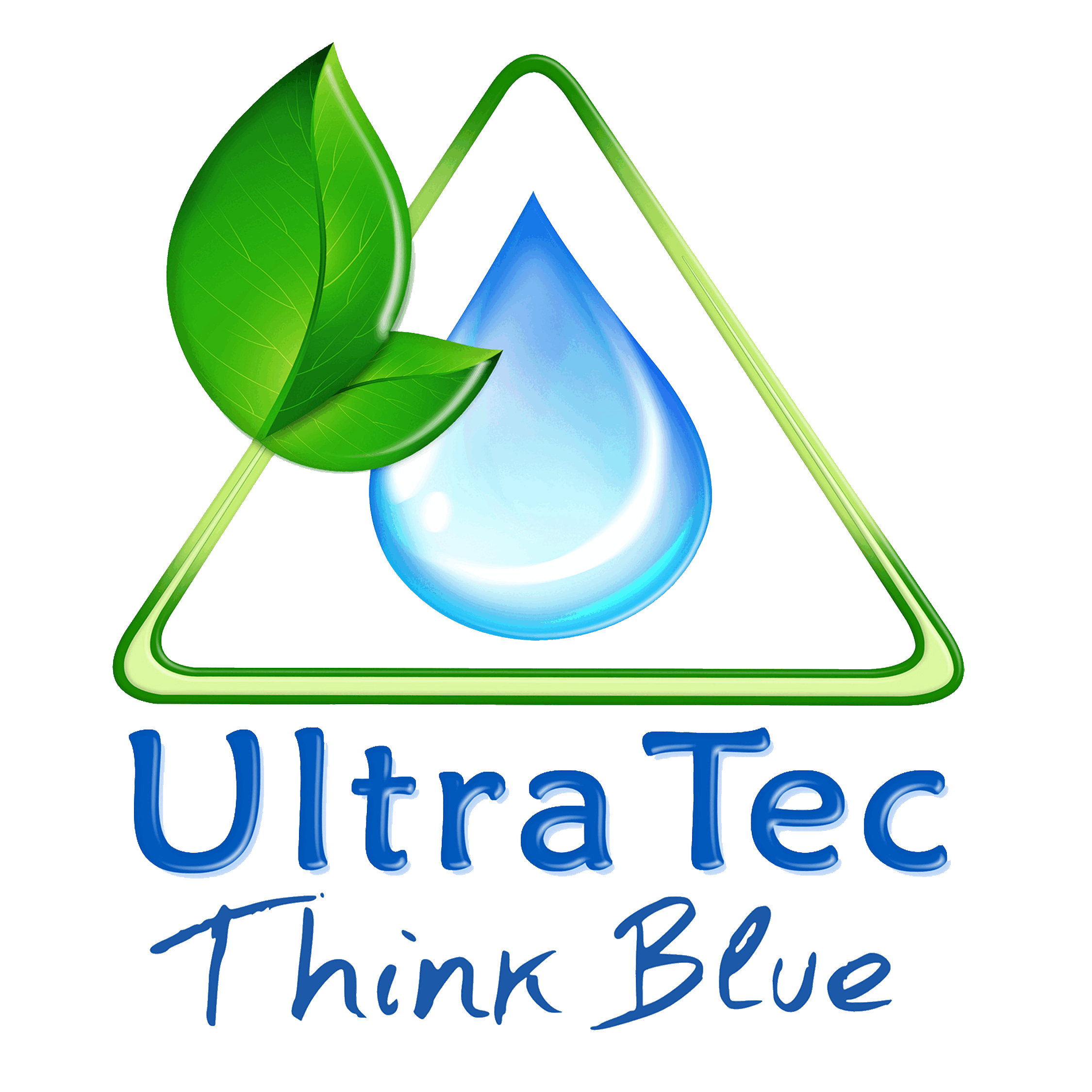
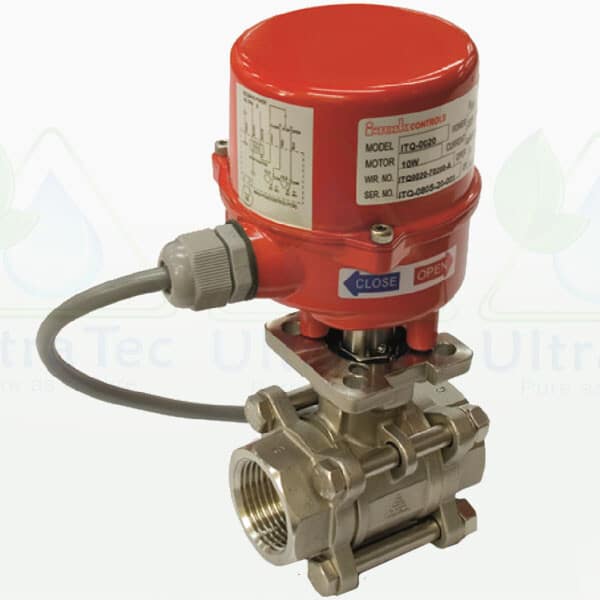
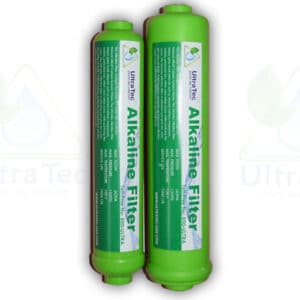


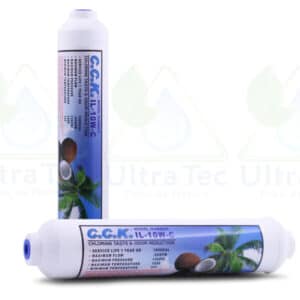
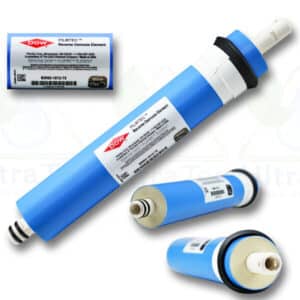

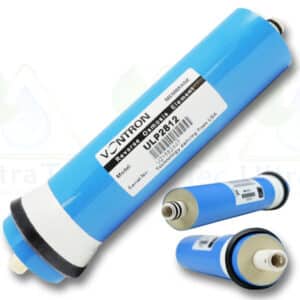
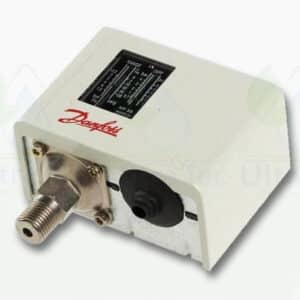

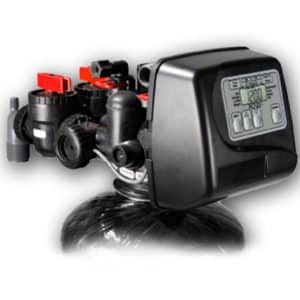

Reviews
There are no reviews yet.